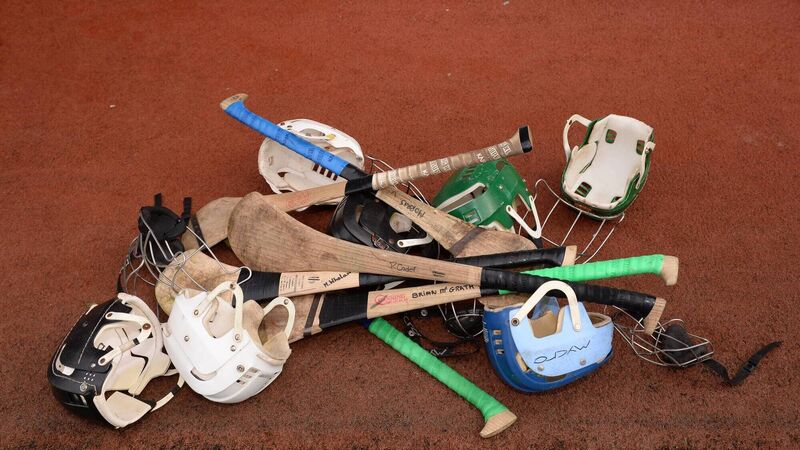The GAA’s lack of a central data hub: ‘Does somebody want to do it?’

In recent years, it proved difficult to celebrate TJ Reid and Patrick Horgan’s battle for all-time top scorer in championship hurling or James Naughton’s 4-12 in one game because of uncertainty around specific totals or previous records. Pic: Piaras Ó Mídheach/Sportsfile
A centralised GAA database is entirely attainable if the will is there, according to Rob Carroll of Gaelic Stats.
Carroll has worked with various county teams over the past decade and previously provided reports to rules committees. The recent Football Review Committee worked with a different provider, an in-house Games Intelligence Unit.










